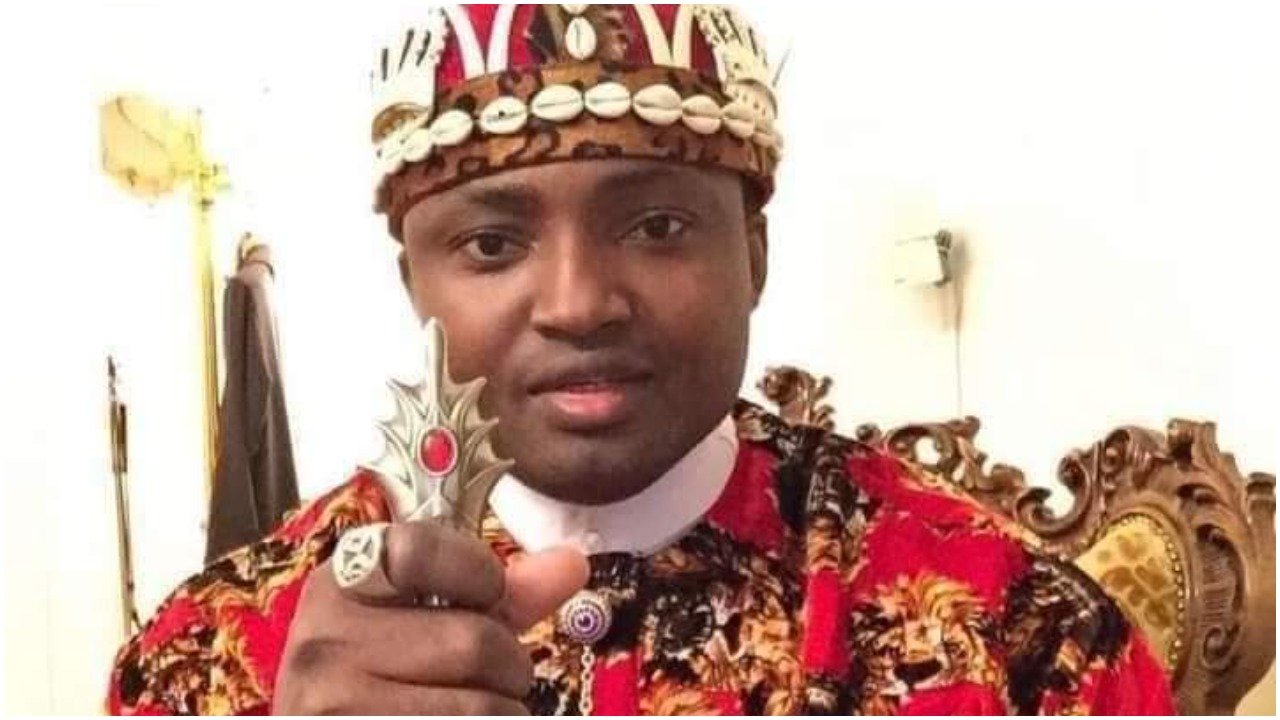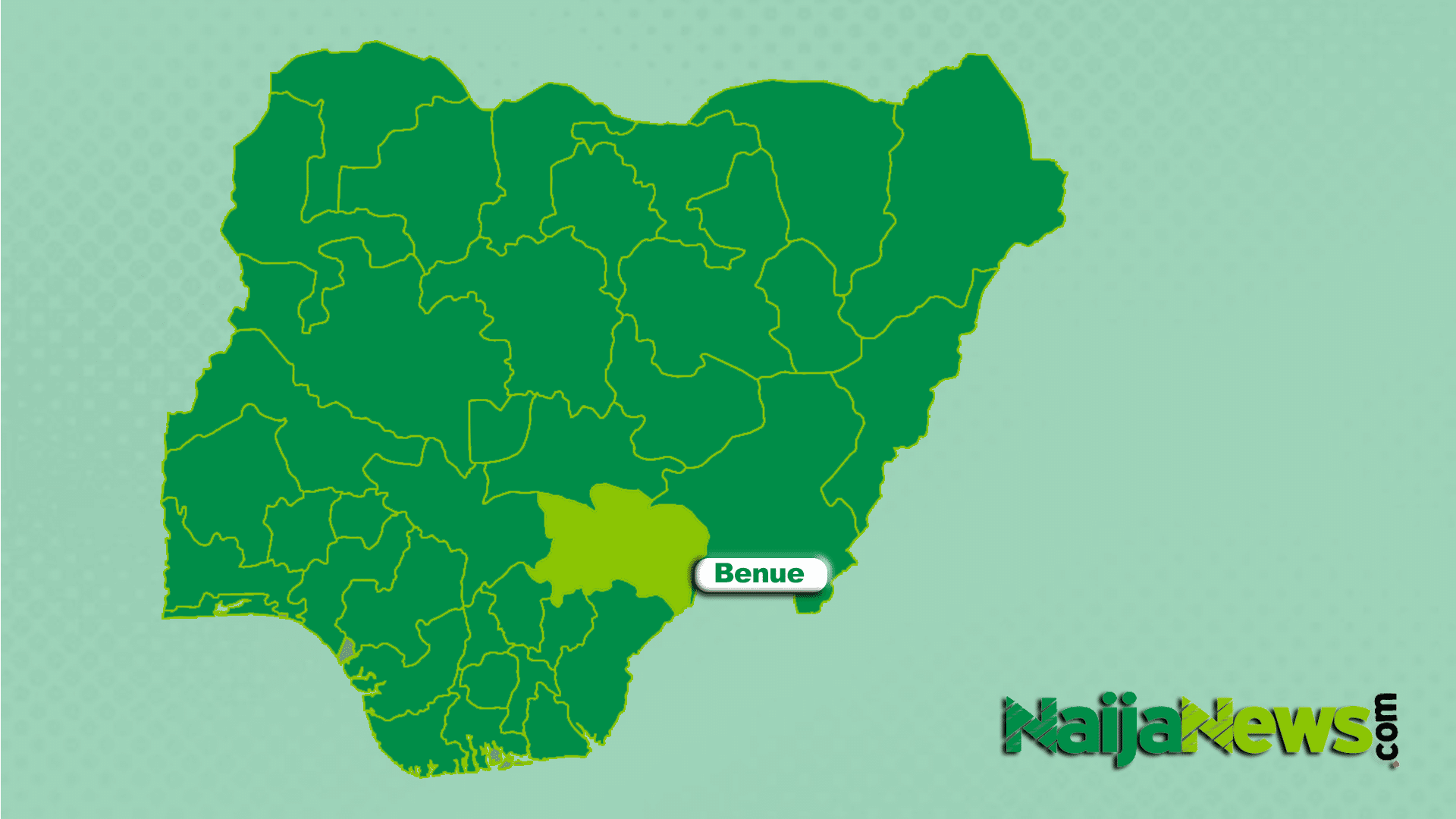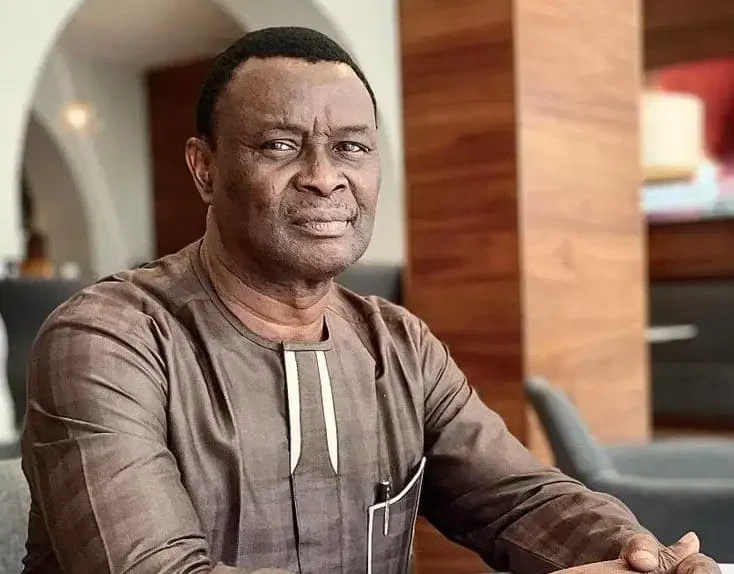Ghana has reached an agreement in principle with two bondholder groups to restructure some $13bn of international debt, a negotiating group said Monday, marking a key step in the country’s economic recovery under an International Monetary Fund (IMF) loan deal.
The deal includes significant concessions from bondholders and aims to stabilise the nation’s financial situation.
Under the agreement, bondholders will forego about $4.7bn of their claims, resulting in a 37% effective nominal haircut, an increase from the initial 33% offer.
The deal also provides approximately $4.4bn in cash flow relief during the period of Ghana’s financial support programme with the IMF, which is scheduled to end in 2026.
“The proposed agreement on the restructuring of the Eurobonds will resolve Ghana’s default on the Eurobonds in a manner that provides significant cash flow and debt stock relief to support Ghana’s economic recovery,” said the committee of holders of Ghana’s Eurobonds on Monday.
Ghana is pulling out of its worst economic crisis in years, with inflation recorded at 23.1% in May, down slightly from 25% in April.
The local cedi currency has lost more than 20% of its value against the US dollar in the market this year.
The country defaulted on most of its $30bn in external debt in 2022 due to the global Covid-19 pandemic, a surge in inflation, cedi depreciation, the war in Ukraine and higher global interest rates.
In addition to the financial relief, the agreement includes several non-financial provisions aimed at improving fiscal transparency and sustainability.
The ministry of finance, in a separate statement, confirmed that the formal launch of a consent solicitation is expected in the upcoming weeks.
This will complete a three-step debt restructuring process that commenced in December 2022.
This agreement follows a recent deal with Ghana’s bilateral creditors, paving the way for the IMF’s executive board to approve a $360mn disbursement after the second review of Ghana’s $3bn relief package.

 4 months ago
31
4 months ago
31















 English (US) ·
English (US) ·